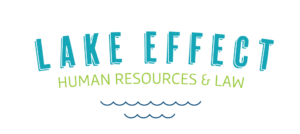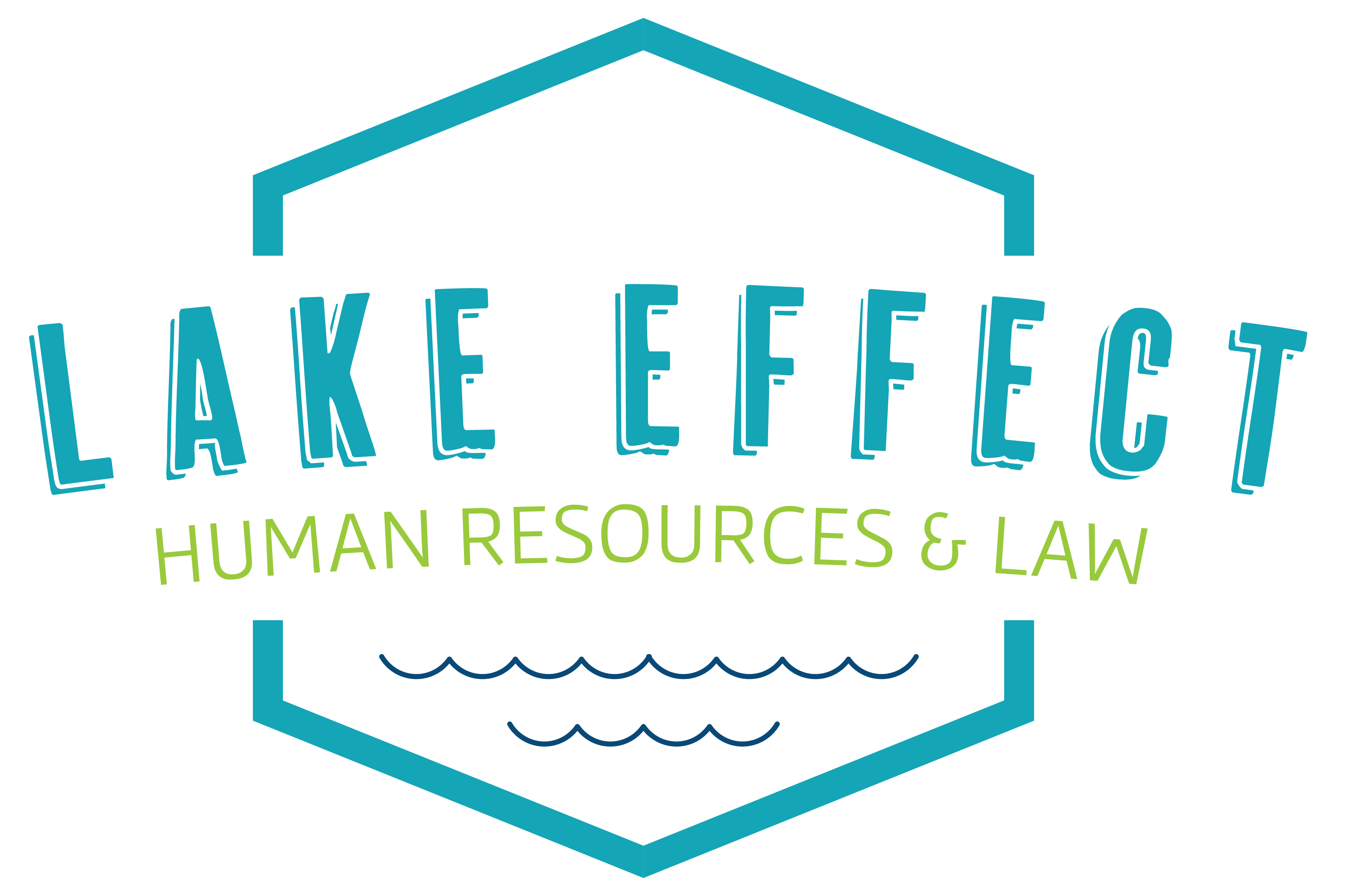Earlier today, President Trump signed into law the ‘‘Coronavirus Aid, Relief, and Economic Security Act’’’ or the ‘‘CARES Act.’’ The Act is part of a continuing effort to help businesses and American workers confronting the devastating effects of the COVID-19 pandemic. Key provisions of the Act include:
- Paycheck Protection Program amends Section 7(a) of the Small Business Act (SBA) (pages 9-21 and pages 41-52)
- Covered period: 2/15/20 – 6/30/20
- Eligible recipients: businesses, nonprofits, and other organizations with fewer than 500 employees, as well as sole proprietors, independent contractors, eligible self-employed individuals
- Employees: includes individuals employed on a full-time, part-time or other basis
- Loan amounts: 250% of the employer’s “payroll costs” for the preceding year, up to a max of $10 million
- Allowable uses of covered loans: loan may be used to cover payroll costs; costs related to the continuation of group health care benefits during periods of paid sick, medical, or family leave, and insurance premiums; employee salaries, commissions or similar compensations; payments of interest on any mortgage obligations; rent; utilities; interest on any other debt obligations that were incurred before the covered period
- Expected loan forgiveness period and amount: the expected forgiveness amount includes the following expenses incurred during the 8 week period beginning on the date of origination of a covered loan: payroll costs; payments of interest on any covered mortgage obligation; payment on any covered rent obligation; and covered utility costs
- Emergency EIDL Grants amends Section 7 (b)2 of the SBA to provide an emergency grant (pages 66-72)
- Covered period: 1/31/20 – 12/31/20
- Eligible recipients: businesses with fewer than 500 employees, sole proprietorships, independent contractors, and others
- Emergency grant: recipients can request an initial emergency grant within 3 days of application for a loan under Section 7(b)2 of the SBA under the Existing SBA Disaster Loan Program
- Grant amount: up to $10,000
- Allowable uses: grant may be used to cover paid sick leave to employees unable to work due to COVID-19; payroll to retain employees during business disruptions or substantial shutdowns; increased costs due to supply chain interruptions; rent or mortgage payments; obligations that cannot be met due to revenue losses
- Forgiveness: no requirement to repay
- Pandemic Unemployment Assistance extends duration of current state unemployment benefits programs and establishes supplemental benefit payments (pages 84-111)
- Covered period: 1/27/30 – 12/31/20
- Eligible recipients: includes employees, furloughed employees, self-employed individuals, and independent contractors who are unemployed, partially employed or unable to work, but excludes individuals who can telework and those receiving paid sick leave or other paid leave benefits
- State benefits program expanded: individuals are eligible to receive benefits for up to 39 weeks (as opposed to the current 26 weeks in WI), and the one week waiting period is eliminated
- Federal Pandemic Unemployment Compensation: in addition to unemployment compensation benefits received under a current state program, an eligible recipient may receive Federal Pandemic Unemployment Compensation in the amount of $600 per week until July 31, 2020
- One-time stimulus payments of $1,200 to adults with incomes of $75,000 per year or less, and additional one-time direct payments to families of $500 per child (pages 144-157)
- Shall be reduced by 5% of the amount of adjusted gross income that exceeds $75,000 for an individual, $150,000 for a joint return, and $112,500 for head of household
We encourage to consult with your accounting and tax advisors about the details of the small business loan provisions and any other business-related consequences of the Act.
The legal and HR team at Lake Effect is closely monitoring the impact of COVID-19 on the workplace. Keep watching for new blogs or subscribe to our mailing list for important legal updates and HR best practices. If you have any questions regarding our quick tips, the attorneys and HR professionals at Lake Effect HR & Law are ready and willing to help. Contact us at info@le-hrlaw.com or 1-844-333-5253.




